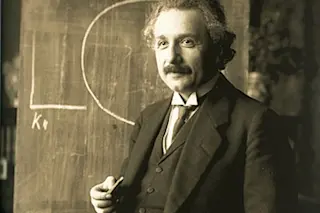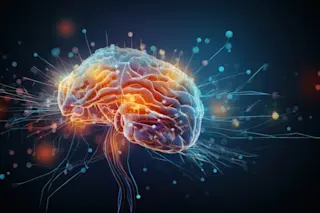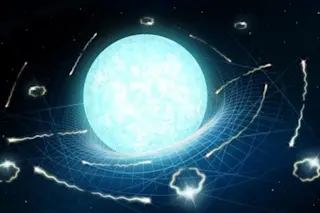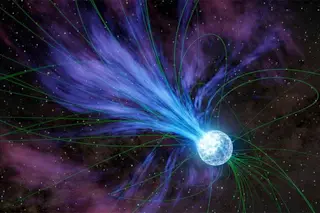(Credit: Wikimedia Commons) Even before LIGO published its fifth detection this week, most modern scientists had already accepted gravitational waves as an observable manifestation of Einstein’s general relativity. But that hasn't always been the case. As recently as the 1970s, scientists weren’t sure gravitational waves were strong enough to detect. Other theorists rejected their existence outright.
Interestingly, Einstein himself was a prominent doubter. In 1936, twenty years after he introduced the concept, the great physicist took another look at his math and came to a surprising conclusion. “Together with a young collaborator, I arrived at the interesting result that gravitational waves do not exist, though they had been assumed a certainty to the first approximation,” he wrote in a letter to his friend Max Born. Einstein submitted his change of heart in a paper to the Physical Review Letters titled “Do gravitational waves exist?” The reviewer soon poked holes in ...














